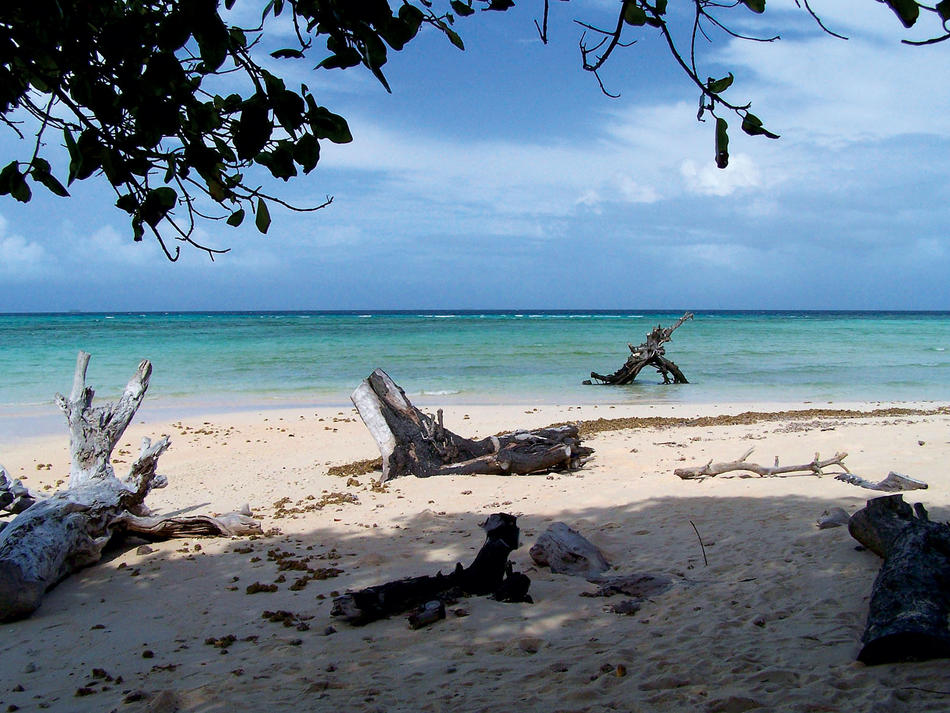If an entire nation is made uninhabitable by rising seas, what is owed to its people? Should they be granted citizenship automatically in another country? Or should they retain their sovereignty somehow, despite having no territory?
Legal scholars are just beginning to grapple with these questions. From May 23 to 25, many of the world’s leading thinkers in international and climate-change law came to Columbia to participate in the first international conference devoted to the legal rights of island nations threatened by global warming. The conference, also attended by representatives of several island countries, was co-hosted by the law school and the government of the Marshall Islands, a low-lying nation of 68,000 in the Pacific Ocean.
“There’s no precedent in international law for dealing with this predicament,” says Michael Gerrard, a Columbia law professor who organized the conference. “In the last few years, scholars have begun thinking about the legal issues involved. But this is the first time we’ve all come together for a dialogue.”
Even by the most conservative scientific estimates, which indicate that sea levels will rise two to three feet over the next century, Gerrard says that at least six nations will need to be evacuated: the Marshall Islands, the Maldives, Tuvalu, Nauru, Kiribati, and the Bahamas. These countries are unlikely to be submerged completely, but their drinking aquifers and arable lands will be ruined by saltwater.
Marshall Islands president Jurelang Zedkaia, addressing some 250 people at the conference, said his country’s water security will be threatened first. “Our very statehood is at risk,” he said. “We know this not only because of what scientists tell us, but because of what we can see with our own eyes.”
Many of the legal scholars in attendance advised the island nations to draft resettlement plans that might be presented one day to neighboring countries. Some even suggested that the island nations demand sovereignty in perpetuity. Maxine Burkett, a law professor at the University of Hawaii, proposed a new type of international status for countries that have lost territory, which she calls “nation ex situ.” A displaced population thus would keep its seat at the United Nations and retain its fishing and mineral-exploration rights.
Gerrard, who directs Columbia’s Center for Climate Change Law, said the conference was the first step in building a body of knowledge to guide vulnerable nations. His center has launched a web site with legal resources on the topic and plans to publish a book based on the conference’s papers.



